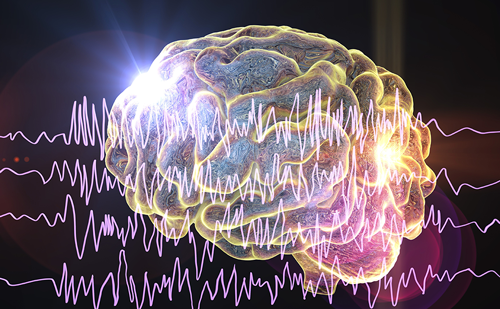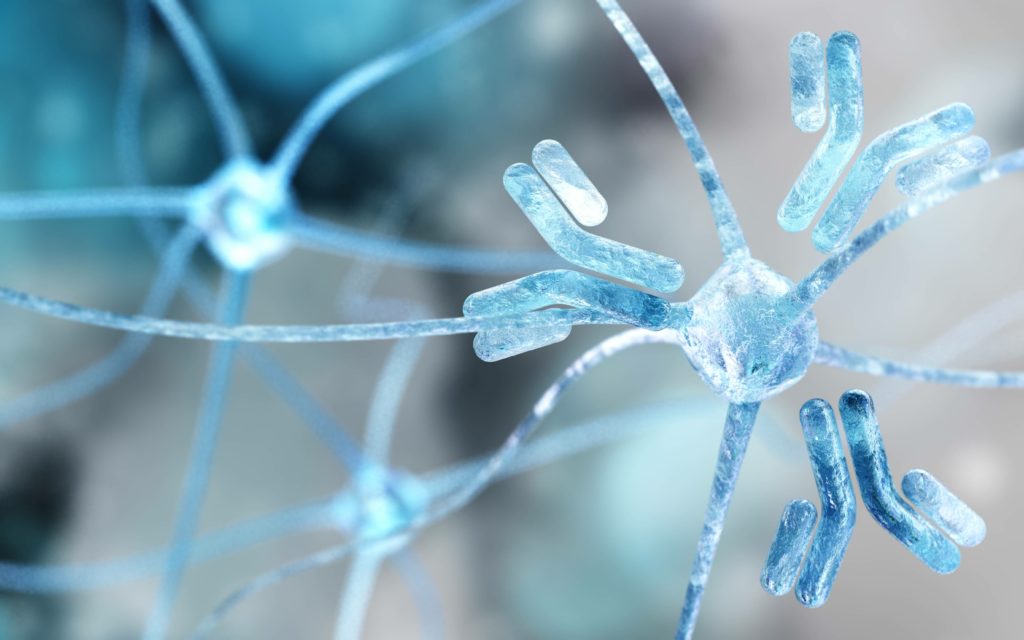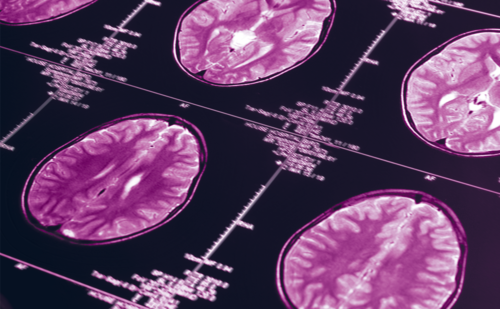Welcome to the latest edition of European Neurological Review. This issue features a number of topical articles that have been chosen for their assessment of current practices and research that directly affect neurologists and other practitioners involved in the care of patients with neurological illness.
The number of people with dementia is steadily increasing and there is an urgent need to plan for the future to ensure that the right care and support is available. In an editorial, Jean Georges discusses the findings and implications of a new Alzheimer Europe report, ‘European Dementia Monitor 2017: comparing and benchmarking national dementia strategies and policies’. We also feature an expert interview with Clive Ballard on the subject of psychotic episodes in Alzheimer’s disease (AD), a common occurrence that is associated with more rapid cognitive and functional deterioration.
The importance of B cells is increasingly being recognised in the pathophysiology of multiple sclerosis (MS). Nikolaos Grigoriadis reviews the novel approach of targeting of both T and B cells in MS, with a focus on the recently developed therapy, alemtuzumab. Also on the subject of MS, in an expert interview, Gavin Giovannoni discusses cladribine, the first oral short-course treatment to provide efficacy across key measures of disease activity in adult patients with highly active relapsing MS, which is now available in Europe.
Following the recent 18th Congress of the International Headache Society in Vancouver, Canada in September 2017, Rothrock and Reuter present two expert perspectives on the use of preventative therapies for migraine. In addition, Cortelli et al. provide an overview of the use of triptans in the treatment of acute migraine.
Psychotic symptoms occur in almost half of patients with Parkinson’s disease (PD) and, in addition to the disruption they cause to the lives of patients and their caregivers, have consistently been shown to be associated with poor outcomes. Current guidelines include recommendations for managing symptoms of psychosis in patients with PD. In two original research articles, Keziah Cook et al. describe the prevalence patterns of PD psychosis and also the patterns of care and treatment for the condition across the European Union (EU).
Finally, Jacques De Reuck presents an original study describing the imaging of cerebrovascular lesions in Pick complex diseases with 7.0-tesla magnetic resonance imaging. The Pick complex diseases have the common feature of a low incidence of real cerebrovascular lesions, a useful diagnostic finding.
European Neurological Review would like to thank all expert authors who contributed to this edition. Special thanks go to our Editorial Board for their continuing support and guidance. We are also grateful to all our media partners and organisations for their ongoing support. We trust that you will find this edition of European Neurological Review useful and interesting.













